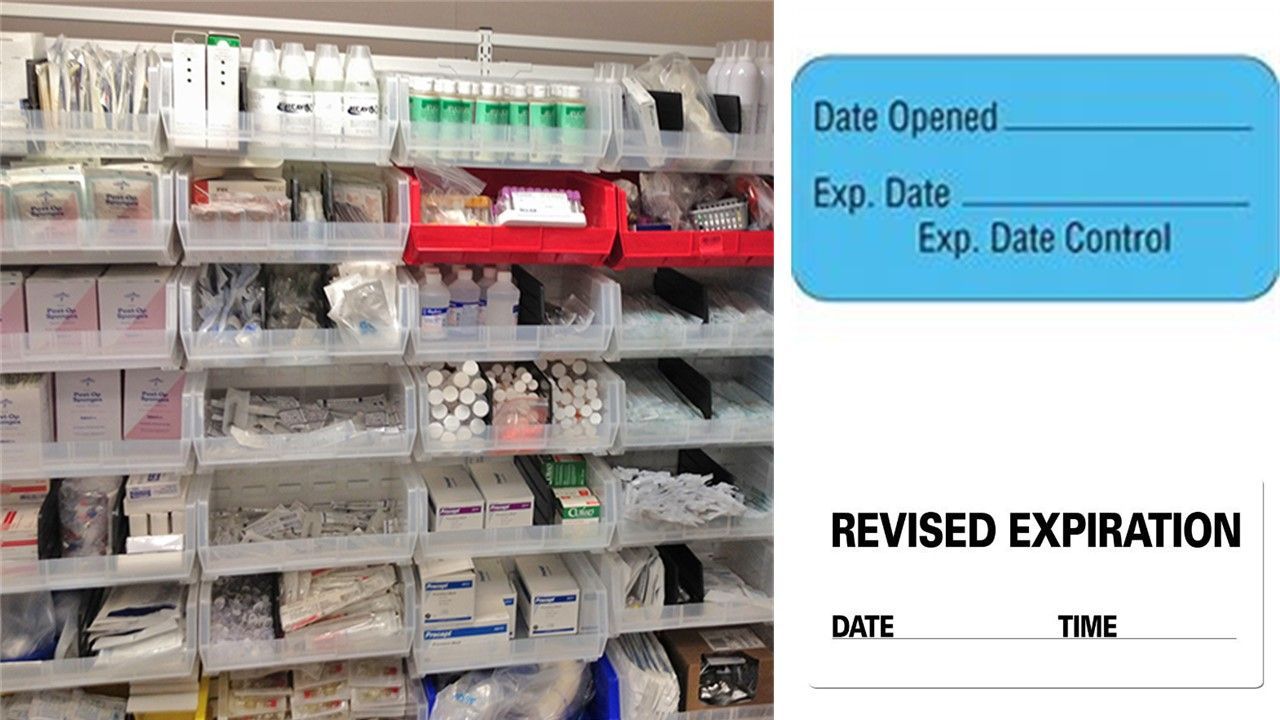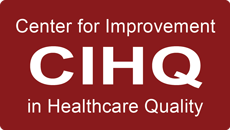Using Expired Supplies: Is This the New Normal?
Using Expired Supplies for Patient Care Due to Supply Chain Shortages?
April 2023
By Jody Randall MSN, RN, CIC, HACP-CMS, HACP-PE
CEO and Founder
We are all aware of the pandemic-triggered supply chain shortages and the tremendous impact this has had on the healthcare industry for the last few years. While the majority of healthcare organizations learned to make do with the supplies they had on hand, we may now be facing what has become a new normal by using expired supplies for patient care. Many manufacturers of patient care supplies and pharmaceuticals have issued extended use dates for their products due to shortages.
We found this exact scenario first-hand during an onsite visit to a Cath Lab of an acute care hospital. The staff members were well aware that cardiac stents on hand surpassed their expiration dates. When asked why they had not disposed of the expired equipment, they responded by stating that they were instructed not to by their supervisor. Furthermore, they stated that the manufacturer indicated that it was acceptable to continue to use the expired equipment for patient care due to supply chain shortage of the stents. Ultimately, the team members were able to produce a letter from the manufacturer addressing the extended use date of the stents. We could not help but ask ourselves what now makes this an acceptable practice? If it is acceptable to use products well beyond their expiration dates, then why do products have expiration dates to begin with? Or why does the manufacturer label with a date they know the equipment can function past? Just questions, not conspiracy theories.
In conducting independent research, we learned that there are a little over one hundred drugs, 106 to be exact, on the market wherein the Food and Drug Administration (FDA) has extended "use date" up to one year beyond the original expiration date. There is a
database available on the FDA website where you can search through lists of commonly used medication for their extended use dates .
There is a caveat in which the FDA states the following “if replacement product becomes available during the extension period, then the agency expects the lots in these tables will be replaced and properly disposed of as soon as possible” (
FDA, 2023 ). According to the FDA, “A medical product is typically labeled by the manufacturer with an expiration date. This reflects the time period during which the product is expected to remain stable, or retain its identity, strength, quality, and purity, when it is properly stored according to its labeled storage conditions” (FDA, 2023).
So, if it is now acceptable to use products well beyond their original expiration dates, are we lowering the standards for product integrity in patient care? Are we now delivering a message to healthcare workers that it is acceptable to use expired supplies for patient care? With millions of products being used in healthcare settings on a daily basis, how can it be manageable to know which products do in fact have acceptable extended use dates and which products do not? Or now will healthcare workers infer that use of expired supplies is acceptable practice due to supply chain shortages.

While this topic is beyond what we may be able to control, HCE would like to recommend that healthcare organizations should look internally for the impact that supply chain shortages are having on their organization. Furthermore, it is important to reinforce with staff members that using expired supplies for patient care should not be a widely acceptable practice and should only be done if the product has been officially issued an extended use date. We have all been trained to adhere to delivering the best possible care to patients to minimize adverse outcomes.
We urge healthcare leaders to work toward minimizing the use of expired supplies in patient care activities whenever possible. Compromising patient care by using products that may be of inferior quality and integrity should not become the new standard of care. We encourage all healthcare leaders to talk with your Supply Chain Managers, team members and Manufacturer Representatives today to gain a better understanding about what may be occurring in your organization today. While shortages may be the current challenges, we are all facing, it should only be temporary. Monitoring current practices regarding supply shortages will help to ensure that these new, adverse practices do not become the new norm.
HCE is Here to Help
Healthcare Consulting Experts LLC was built based upon our understanding of the challenges that healthcare facilities are facing today. Healthcare professionals strive to deliver the best possible care to all patients. We can help your facility through the difficult times and put you back on track to a less stressful tomorrow.
Don’t take chances! Our experts can assist with regulatory compliance requirements for whether you are building a new, state-of-the-art project or renovating an existing structure. Be sure to visit
Our Website
to see a full list of the services that we provide.
Contact us today at +1 (800) 813-7117 for a free initial consultation.
Please join us by clicking on any of our icons below to leave a comment or for more informati
on and updates.
References:
https://www.fda.gov/drugs/drug-shortages/search-list-extended-use-dates-assist-drug-shortages





